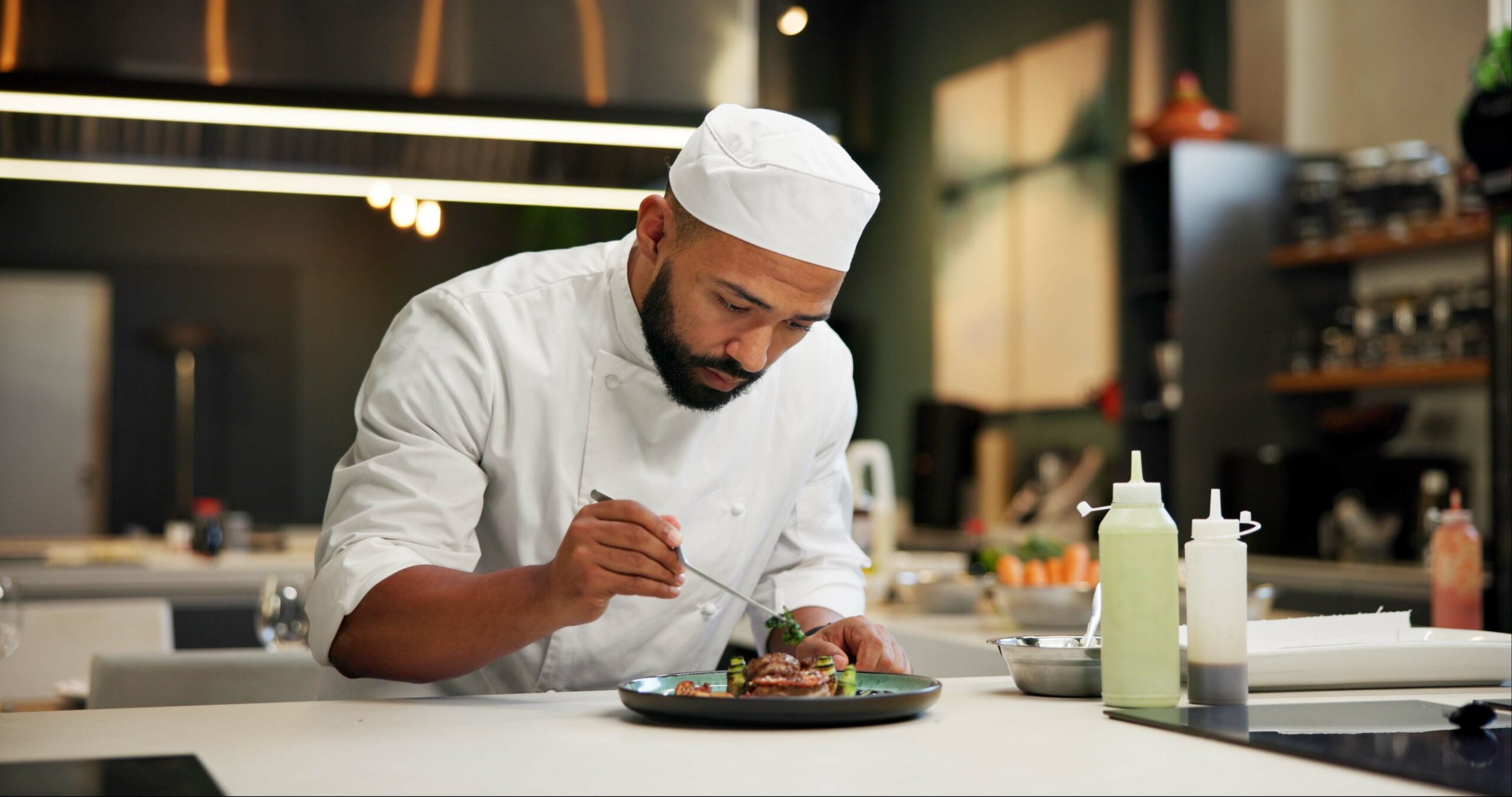In a world where luxury often goes hand in hand with indulgence, it is fascinating to see how some expensive purchases by the wealthy are rooted in savvy financial planning. These items are more than just status symbols; they serve as investments, conveniences, or enhancements that offer long-term benefits. Whether it’s ensuring a legacy, securing future financial gains, or simply enhancing quality of life, the affluent often make purchases that may initially seem extravagant but are surprisingly grounded in smart financial reasoning.
1. Real Estate In Prime Locations

Investing in real estate, especially in prime locations, is a classic move among the wealthy, and for good reason. Properties in sought-after areas not only appreciate over time but also provide a steady income stream through rentals. According to Forbes, luxury real estate in cities like New York, London, and Tokyo has consistently outperformed other asset classes in terms of long-term value appreciation. Moreover, these properties serve as a hedge against inflation, ensuring that wealth is preserved over generations.
The benefits extend beyond financial returns. Having a home in a prime location offers convenience, access to elite schools, and a cultural hub that enriches one’s lifestyle. The allure of owning a piece of a thriving metropolis or a serene beachfront is undeniable, providing both a personal haven and a tangible asset. This dual advantage of lifestyle enhancement and financial security makes prime real estate a smart buy for those who can afford it.
2. Art Collections

For the affluent, art is not merely decorative; it’s a dynamic asset class. Fine art collections have shown to be valuable investments, often yielding impressive returns over time. As reported by CNBC, the art market has outperformed the S&P 500 over the past decade, making it a compelling choice for diversifying a portfolio. Additionally, art is a tangible asset that can be enjoyed personally while simultaneously appreciating in value.
The appeal of art also lies in its ability to convey status and taste. Curating a collection reflects personal values and can significantly enhance one’s environment. Furthermore, art collections can be leveraged for loans or philanthropic endeavors, offering financial flexibility. This blend of cultural enrichment and financial gain makes art a wise investment for the wealthy.
3. Private Jets

While owning a private jet might scream opulence, it also represents smart financial planning for those who frequently travel. The convenience and time saved by avoiding commercial travel translate into increased productivity and flexibility. Private jet ownership can be cost-effective for individuals or companies with high travel demands, as it can reduce the total number of travel days and allow for multiple destinations in a single trip. This efficiency often outweighs the initial cost for frequent flyers.
Beyond cost savings, owning a jet offers unparalleled comfort and privacy. It ensures security and the ability to fly under unique schedules without the hassle of commercial airports. Moreover, private jets can be chartered out during downtime, generating revenue to offset ownership costs. Thus, for those who can afford it, a private jet is not only a luxury but a strategic asset that enhances both lifestyle and business operations.
4. Designer Clothing

High-end fashion is not just about aesthetics; it’s an investment in quality and craftsmanship that rarely goes out of style. Designer clothing and accessories often retain or even increase their value over time, particularly if they are limited editions or from iconic collections. The secondary market for luxury items has exploded, with platforms such as The RealReal showcasing how well-preserved designer goods can fetch significant returns. Investing in timeless pieces means they can be worn indefinitely, resold, or even passed down as heirlooms.
Moreover, luxury fashion serves as a powerful tool for personal branding. Wearing designer labels can open doors and cultivate perceptions of success and sophistication, which can be invaluable in certain professional circles. This combination of enduring value and social capital makes high-end fashion more than just a costly indulgence. For the wealthy, it’s an investment in both personal image and financial prosperity.
5. High-End Technology

Investing in cutting-edge technology isn’t just about having the latest gadget; it’s about staying ahead in a rapidly evolving world. High-end laptops, smartphones, and smart home systems enhance efficiency and connectivity, which are critical in today’s global economy. These devices often come with state-of-the-art security features that protect sensitive information, a crucial aspect for those managing significant assets. Moreover, the latest technology can streamline daily life, offering conveniences that free up time for more productive pursuits.
Additionally, premium technology products often have superior resale value. As new models emerge, older versions can still fetch a good price, especially if they are well-maintained. This aspect makes high-end technology not just a depreciating asset, but one that can provide ongoing value. For those with the means, investing in technology is as much about maintaining a competitive edge as it is about the inherent luxury of owning the best the market has to offer.
6. Personal Chefs

Hiring a personal chef might seem like an extravagance, but the financial gurus at Business Insider say that those who value time, health, and culinary excellence find it a worthwhile investment. A personal chef can tailor meals to meet specific dietary needs, ensuring optimal nutrition and health benefits. This personalized approach can lead to long-term health improvements, potentially reducing medical expenses in the future. Moreover, having meals prepared at home can save countless hours otherwise spent on grocery shopping and cooking.
Furthermore, a personal chef provides an unparalleled level of convenience and luxury. Hosting dinner parties or business lunches becomes effortless when a professional is handling the culinary details. This service not only enhances the quality of life but also allows for greater productivity and social opportunities. Thus, investing in a personal chef is as much about lifestyle enhancement as it is about long-term health and efficiency.
7. Luxury Cars

Luxury cars are more than just symbols of status; they are meticulously engineered machines that often offer excellent resale value. Brands like Porsche, Ferrari, and Tesla have a history of maintaining value, with some models even appreciating over time due to their rarity and desirability. Owning a luxury vehicle is not just about the driving experience; it’s about investing in a product that withstands the test of time. The craftsmanship and innovation that go into these cars often justify the initial investment.
Moreover, luxury cars provide unparalleled comfort and safety features, making long commutes and travel far more enjoyable and secure. They are also equipped with the latest technology, which can enhance the driver’s experience while providing superior reliability. This combination of performance, safety, and potential for value appreciation makes luxury automobiles a savvy choice for those who can afford them. For the wealthy, it’s an investment that provides both tangible and experiential returns.
8. Premium Memberships

For the affluent, premium memberships to exclusive clubs or organizations can provide substantial benefits that justify the cost. These memberships offer access to elite networks, high-end facilities, and unique experiences that can enhance both personal and professional lives. Such memberships often include access to private clubs, top-tier golf courses, or exclusive business networks that can lead to lucrative opportunities. The connections made in these circles can be invaluable, opening doors that would otherwise remain closed.
In addition to networking opportunities, premium memberships often come with perks such as personal concierge services, priority access to events, and bespoke travel arrangements. These benefits can save time and elevate everyday experiences, making them highly appealing to those who value convenience and exclusivity. By investing in premium memberships, the wealthy gain more than just access; they invest in a lifestyle that enhances their personal and professional endeavors.
9. Wine Collections

For many of the affluent, investing in wine is a passion that doubles as a financial strategy. Fine wines from renowned vineyards have a history of appreciating in value, often providing impressive returns comparable to traditional investments. Wine collections, when properly curated and stored, can be sold at a significant profit at wine auctions or to private collectors. This makes wine not just a beverage, but a lucrative asset that enhances a diversified investment portfolio.
Moreover, wine collections offer personal enjoyment and a unique cultural experience. Hosting wine-tasting events or simply enjoying a rare vintage with friends elevates social gatherings and provides a sense of accomplishment and connoisseurship. The appreciation of fine wine is both an art and a science, making it a rewarding pursuit for those with the means to invest. Thus, for the wealthy, wine collections serve as both a financial asset and a source of personal pleasure.
10. Wellness Retreats

Investing in wellness retreats might seem indulgent, but it’s a strategic move towards long-term health and well-being. These retreats offer immersive experiences that focus on mental, physical, and emotional health, often yielding benefits that extend far beyond the actual stay. Participants return rejuvenated, with new perspectives and healthier habits that can reduce stress and improve overall quality of life. These benefits can lead to increased productivity and potentially lower healthcare costs in the long run.
Additionally, wellness retreats provide a unique opportunity to disconnect from the pressures of daily life and focus entirely on self-care. They offer a serene environment where individuals can engage in activities like yoga, meditation, and therapeutic treatments that promote relaxation and healing. For those with demanding lifestyles, investing in wellness is not just a luxury, but a vital component of maintaining balance and ensuring longevity. For the affluent, it’s a smart investment in their most valuable asset: themselves.
11. Security Systems

For the wealthy, investing in high-end security systems is a necessary precaution that provides peace of mind. These systems offer advanced features such as 24/7 surveillance, biometric access, and smart technology integration that ensure the safety of their homes and families. In an age where privacy and security are paramount, such investments can protect against theft, cyber threats, and personal harm. This preventive measure can save substantial amounts in potential losses or damages.
Beyond protection, these systems also enhance the functionality and convenience of a home. Integration with smart home technology allows for control over various aspects of the household environment, from lighting to climate, all through secure digital platforms. This not only elevates the living experience but also adds to the property’s overall value. For the affluent, a sophisticated security system is not just a necessity, but a smart investment in safeguarding their lifestyle and legacy.
12. Philanthropic Ventures

While not a purchase in the traditional sense, philanthropy is a significant financial commitment that offers both personal and societal returns. Wealthy individuals often engage in charitable giving or set up foundations to support causes aligned with their values. Such endeavors can lead to tax benefits, enhancing financial efficiency while enabling impactful contributions to societal betterment. Philanthropy also provides a legacy of goodwill, bolstering one’s reputation and influence.
Furthermore, engaging in philanthropy fosters a sense of purpose and fulfillment. It allows individuals to leverage their resources for positive change, creating ripple effects that benefit communities and future generations. This alignment of personal values with financial strategy exemplifies how philanthropy is both an altruistic and strategic investment. For the wealthy, it’s a way to make meaningful, lasting contributions to the world while also enjoying financial incentives.
13. Luxury Travel Experiences

For the affluent, luxury travel is not just about extravagance; it’s an investment in experiences and memories that last a lifetime. Traveling first-class or staying in exclusive resorts offers unparalleled comfort and personalized service that enriches the overall journey. These experiences often provide unique insights and broaden one’s worldview, which can be invaluable in personal and professional contexts. Moreover, luxury travel often includes exclusive access to cultural events and destinations, offering a richness of experience that is unmatched.
Additionally, luxury travel can serve as a form of stress relief and rejuvenation. Escaping to idyllic locations or engaging in curated travel experiences allows individuals to unwind and recharge, improving mental health and overall well-being. This investment in personal happiness and stress reduction can lead to increased productivity and life satisfaction. For the wealthy, luxury travel is more than a splurge; it’s a strategic investment in quality of life and mental health.
This article is for informational purposes only and should not be construed as financial advice. Consult a financial professional before making investment or other financial decisions. The author and publisher make no warranties of any kind.








